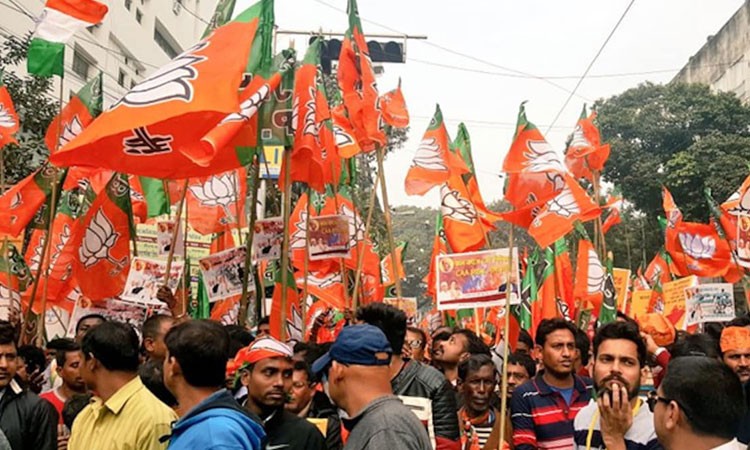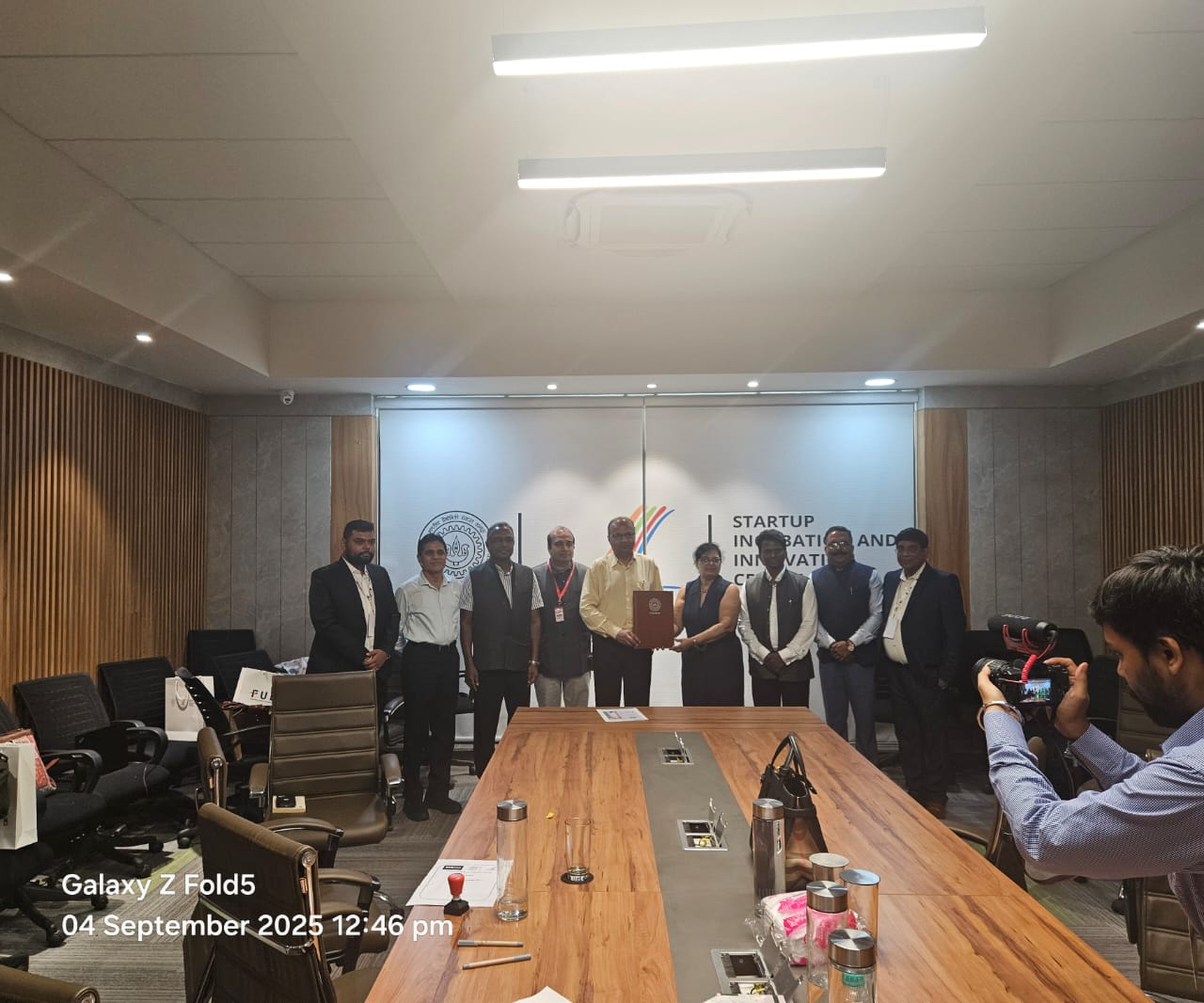The Bharatiya Janata Party, known for its strategic political moves, has taken an unexpected turn in the run-up to the upcoming state elections in India. In an intriguing move, the BJP has decided not to project a chief ministerial candidate in any of the five states slated for elections later this year. This includes the key Hindi-speaking states of Chhattisgarh, Madhya Pradesh, and Rajasthan, as well as Telangana and Mizoram. Instead, the party plans to rely on what they term "collective leadership" to secure victory.
Amid Speculation over Shivraj Singh Chouhan's Future
This move comes at a time when speculation is rife regarding the future of Madhya Pradesh Chief Minister Shivraj Singh Chouhan. Despite his extensive political experience, the 64-year-old leader has not been officially named as a candidate for the chief minister's post in the upcoming elections. This has sparked rumors that the party might consider replacing him to counter anti-incumbency sentiment.
Clarification from Party Sources
While there has been widespread speculation about Chouhan's political future, BJP sources have moved swiftly to quash rumors that he will be dropped from the race. Party insiders have asserted that any talk of Chouhan's exclusion is "completely wrong." However, the caveat remains that "any leader can become chief minister," suggesting that the BJP is keeping its options open.
The Concept of "Collective Leadership"
The BJP's decision to embrace "collective leadership" is not only a departure from the norm but also a strategic gamble. Under this approach, the party will not name a chief ministerial candidate ahead of the elections. Instead, they have indicated that if they emerge victorious, the newly elected lawmakers will collectively decide on the chief minister.
Implications and Analysis
This move by the BJP carries both risks and potential benefits. On the one hand, not projecting a chief ministerial candidate allows the party to avoid the potential negative impact of anti-incumbency sentiment against specific leaders like Chouhan. It also fosters a sense of unity within the party, as no single leader is singled out for the role. Additionally, it keeps the opposition guessing and disrupts their strategy.
However, on the flip side, this strategy could also lead to confusion among voters, who often cast their ballots with the chief ministerial candidate in mind. The lack of a clear face for the party may make it challenging to convey a strong and cohesive message to the electorate. Furthermore, it remains to be seen how the party will handle the process of selecting a chief minister after the election, potentially leading to internal power struggles.
Conclusion
The BJP's decision to forgo projecting a chief ministerial candidate in the upcoming state elections is a bold and unconventional move. It reflects the party's willingness to experiment with new strategies to secure victory, even at the risk of potential pitfalls. As the elections draw closer, all eyes will be on the BJP and its "collective leadership" approach to see if it pays off or proves to be a political gamble that backfires.








 OpinionExpress.In
OpinionExpress.In















Comments (0)